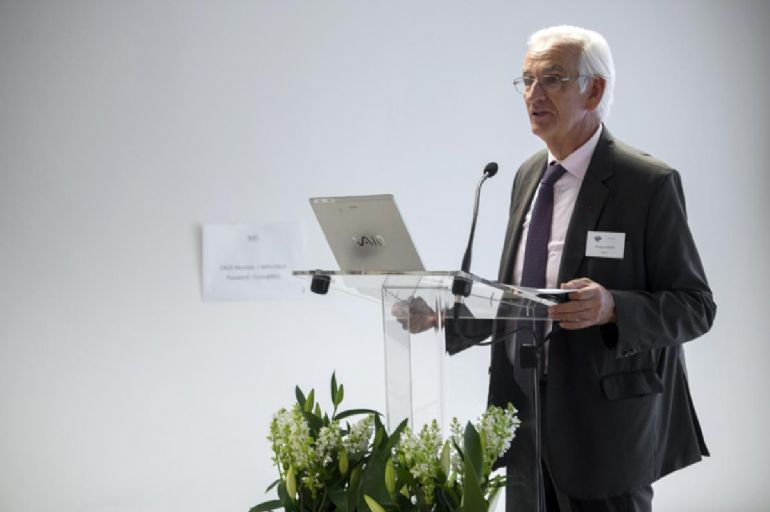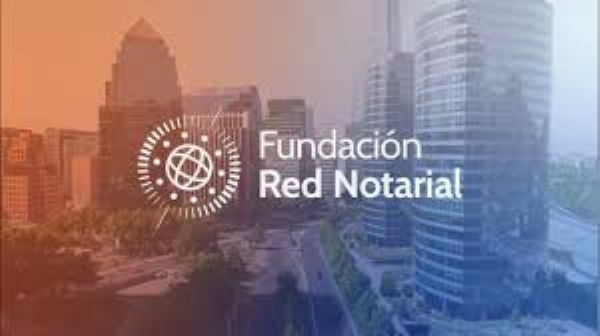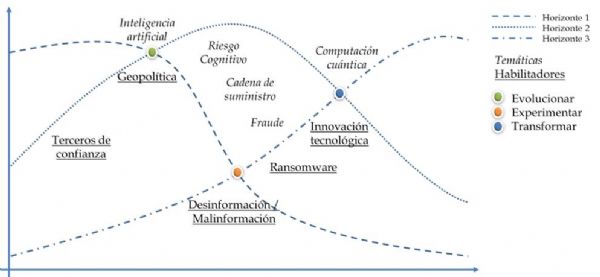Three questions to Mr Philippe Girard, President of the ENRWA.
- 02/09/2015
- Europa

On 20 June 2015, Mr Philippe Girard, a notary in Marseille, was elected President of the European Network of Registers of Wills Association (ENRWA). He takes over from Mr Karel Tobback in Boom, Belgium, who becomes Vice-President.
The ENRWA is currently very busy now that the European regulation on international successions has become applicable.
You have been involved in the ENRWA from the outset. How was the ENRWA born?
The ENRWA was created out of the European notariat’s desire to help European citizens find wills drawn up by relatives following their death. Anticipating the increase in the population’s movements in the EU, the notariat created an association to set up a network linking the managers of will registers. At the initiative of the Belgian, French and Slovenian notariats, the ENRWA was thus created on 8 July 2005.
So the ENRWA is now ten years old. What are its major achievements?
The ENRWA has developed significantly in the past ten years, particularly thanks to the work of Mr Karel Tobback, the outgoing President, who has contributed to the association’s success. As the new President, I intend to strengthen the ENRWA’s actions and consolidate its achievements. The ENRWA currently has 19 member notariats and two partners. Fifteen registers of wills are now interconnected, making it possible to find nearly 200 wills every year in a Member State other than that in which the succession is being settled.
Furthermore, during the last ten years, the ENRWA has implemented three projects co-financed by the European Commission. Thanks to the ENRWA’s research, European citizens have a comprehensive overview of how to register and search for wills and the conditions for exchanging information in a cross-border context.
The ENRWA is today a model of collaboration between European legal professionals responsible for settling successions.
What are the new Board’s priorities for the next five years?
The new Board’s priorities involve several key areas. First of all, the ENRWA wants to improve its communications. The network exists and operates efficiently but it appears that European citizens and the Ministries of Justice are not sufficiently aware of the possibility to search a foreign register of wills. The ENRWA will therefore work on communicating better in the EU, in cooperation with the national register managers.
The ENRWA will also try to finalise the interconnection of some national records that have not been linked to the network so as to offer European citizens a comprehensive service.
Moreover, the regulation on cross-border successions became applicable on 17 August 2015. This text creates a new legal document, the European Certificate of Succession (ECS). It is essential that legal professionals and European citizens are informed how to find such a document in the Member States. The ENRWA uses the existing technical infrastructure and it is now possible to search for the references of ECSs issued in a State bound by the European regulation. The ENRWA hopes thus to position itself in this area facilitate the settling of cross-border successions.






